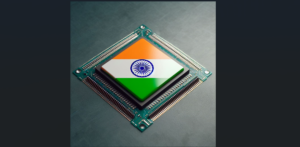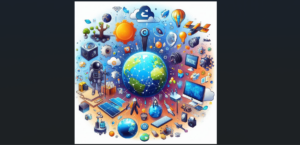Donald Trump’s anti-immigration discourse seems to be deterring waves of Indian students from entering into United States universities, according to a new report from the National Foundation for American Policy (NFAP) non-profit group.
Data from the report showed that the number of Indian-born students enrolling in graduate-level computer science and engineering courses in the U.S. dropped by 21 percent, or some 18,500 students, in 2017.
This is a significant decrease when compared alongside all international students, as there were 4% fewer foreign students from all nations combined enrolling in U.S. universities from 2016 to 2017. It was the first year where enrollment numbers had decreased, as every prior year since 2012 the rate of international students enrolled in U.S. schools had increased.
“NFAP’s analysis of the data show a major factor in the decline was fewer Indians studying computer science and engineering at the graduate level at U.S. universities,” the report read. “News reports and other information about the United States limiting the ability of international students to gain employment after completing their studies could be discouraging enrollment.”
The report specifically notes the many contributions that Indian tech students have made in the field of higher education, and for U.S. businesses going forward.
“Indian graduate students completing degrees in science and engineering at US universities are a major source of talent for US companies,” the NFAP report read.
A 2017 story from Live Mint detailed how Indian tech students are choosing to go back to their home country in lieu of advancing their studies in the U.S. They cited an analysis firm in stating that the amount of Indians living in the U.S. and looking for jobs back in India increased 10 times over in the first few months of 2017.
These students have been turned off by more practical means than just divisive speech from the current administration. Harsher restrictions on H-1B Visas have made it harder for foreign workers to get extensions on their work visas in the U.S., as the same level of scrutiny is now used for extensions as it is with the initial visa application.
Fortunately for those Indian students graduating from these advanced tech programs in the U.S., there may be increased opportunities in their industry back home. The Indian government is finding it nearly impossible to resist the burgeoning number of blockchain companies and jobs being formed within its borders. Blockchain-related jobs have seen a significant rise of 300 percent recently and could offer reliable alternatives to those left out in the cold by tightening U.S. immigration laws.
Researchers from the NFAP warned that this could be the tip of the iceberg for decreased rates of international students, and Indian tech students in particular.
“U.S. government policy, such as the Trump administration’s announced plans to restrict the ability of international students to work after graduation, could accelerate any negative trends,” read the NFAP report.












